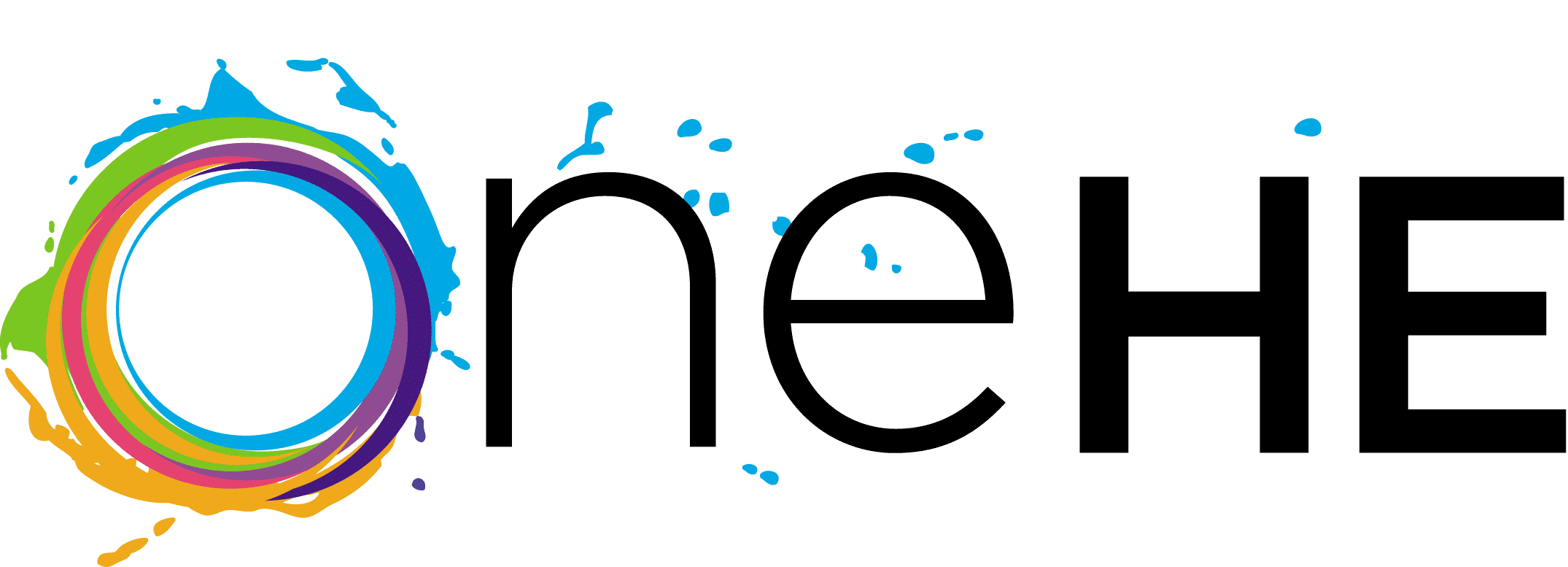Click here to view the video transcript
One of the challenges of teaching about privilege that we often face is the anger that it raises in students, or our friends, or family members. It’s so popular in the media today to hear these buzzwords about privilege and people expressing their anger and expressing things like, “Well, I never owned slaves, so what are you talking about? I don’t have privilege.” Or I’ve had students that have actually been homeless throughout their lives and they’re angry because they feel like they’ve never experienced privilege. You know, they ask, “What am I talking about?” They’re not privileged.
But it’s important again, to look at the intersectionality and working with that homeless student. We explore the ways in which his experiences were different, even from people of colour that were homeless, from gay and lesbian and transgender people that were homeless and often did not have access to shelters. So, even though we may have had very difficult lives, we also benefit from privileges in some ways, and that’s one way in which we bring people together.
There are also many different ways in which anger may be expressed. For example, many people might feel like they’re being personally accused. And, as I emphasise before, it’s important to see ourselves existing within these systems. We do not create them. And so, I often share examples about myself, and let students know, yes, I was angry when I first learned about this because I’ve worked hard my whole life. I spent years and years in school to get my PhD. I worked as diligently as I could to make it to the place I’m at now. But that does not mean I didn’t have some advantages along the way. I had funds from my parents to help pay for my education. I never had to worry that teachers were going to be pointing at me and ask me to share about my experience as a member of a small, tokenised group within the classroom.
And there are other forms of anger as well. Many students often experience anger that they’re only learning about this now, as adults, in the university. They want to know why they never learned about this throughout their K through 12 education in high school, why didn’t they learn about this?
So, there are many different bases for anger, and it’s important to give students opportunities for expressing their emotions, expressing that anger that they may feel, and assuring students that these emotions are normal. This is an emotional subject matter that impacts us all deeply, personally, and yet, it is not about us personally. It’s about the systems we live in that provide us with privileges or disadvantages.
I often have my students write journals that they submit every week, or couple of weeks, that are confidential, and I’m the only one who reads them, and they are very willing to make themselves vulnerable and share their real emotional feelings. And I am then able to offer feedback and engage in a one-on-one dialogue with them to be able to really explain and connect with them and respond to their concerns and their emotions.
The concept of privilege has been in the news and has become a highly ideological and political concept. One can expect to encounter defensiveness when addressing the topic, at least initially, and some faculty avoid the topic altogether. However, any course that deals with subject matter related to inequality tends to be challenging and evokes resistance from some students, while potentially retraumatising others. To break down the us vs. them dynamics that can occur in any of these classes, there is strong evidence that introducing the concept of privilege creates an improved course experience for everyone and builds relationships among diverse students.
To diffuse resistance, use yourself as an example. I often share my own experience as a white person, or as a heterosexual person, first learning about my own privilege. I share how difficult it was, common emotions such as anger, guilt, or shame, how I slowly started to see the many privileges I benefit from, and that I continue to do so throughout my life. I share examples of privileges I have recognised in my life. Empathising and supporting students along this journey is essential.
There is no oppression or privilege Olympics. People experience privilege and oppression to varying degrees, and no one’s lives are the same. Someone who is heterosexual does not automatically have more privilege than someone who is gay or lesbian, due to their other intersecting identities. Additionally, not every form of privilege has the same impact. Emphasise that we all benefit by examining our privileges, and, moving ahead, that continuing to do so, can help us all to become more aware of our own involvement in systems of inequality and working for change.


Discussions
What role does vulnerability play in the examination of power/privilege? How might sharing our own stories with students build a foundation for support? What other strategies can we use, to reduce resistance, and encourage empathy?
Please share your thoughts and questions in the comments section below.